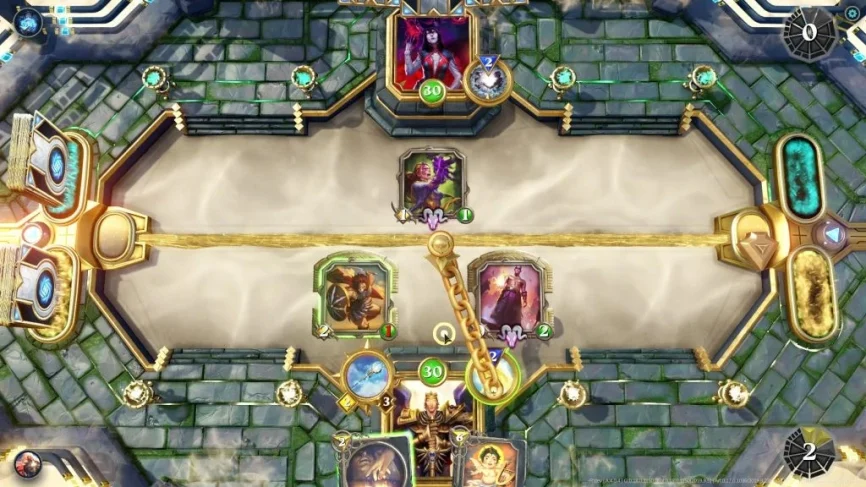Bach Hoa Hang Nga: Your Trusted Source for Quality Products
Explore a wide range of quality products and insightful articles.
Level Up: How Cryptocurrency is Changing the Game for Players and Developers
Discover how cryptocurrency is revolutionizing gaming! Unlock new opportunities for players and developers in this must-read blog.
Understanding NFTs: How Players Can Own Their In-Game Assets
Understanding NFTs has become increasingly important for gamers as the integration of blockchain technology transforms the gaming landscape. Non-Fungible Tokens (NFTs) are unique digital assets that players can truly own, as opposed to traditional in-game items that are typically controlled by developers. With NFTs, players can buy, sell, and trade their assets on various marketplaces, providing them with the opportunity to generate real value from their in-game achievements. This new approach not only empowers players but also introduces new economic dynamics in the gaming world, where virtual ownership can lead to significant financial benefits.
Moreover, the idea of in-game asset ownership through NFTs allows players to have a tangible connection to their virtual experiences. For instance, a rare weapon or skin acquired in a game can be represented as an NFT on the blockchain, ensuring its authenticity and scarcity. Players can showcase these items in virtual galleries, share them within social networks, or even leverage them in different gaming ecosystems. As games increasingly adopt NFTs, understanding how to navigate this new frontier will be essential for players who wish to maximize their engagement and investment in their favorite virtual worlds.

Counter-Strike is a popular multiplayer first-person shooter game that emphasizes teamwork and strategy. Players join either the terrorist or counter-terrorist team to complete objectives or eliminate the opposing team. For those interested in gaming promotions, you can check out the duelbits promo code for some exciting offers while enhancing your gaming experience.
The Role of Blockchain in Enhancing Game Development and Player Experience
The evolution of blockchain technology has transformed various industries, and game development is no exception. By introducing decentralized systems, blockchain creates a transparent and secure environment for developers and players alike. One significant advantage is the incorporation of non-fungible tokens (NFTs), allowing players to truly own their in-game assets. Unlike traditional games where items can be altered or erased by developers, NFTs enable ownership that is immutable, enhancing player trust and investment in the gaming ecosystem. Additionally, smart contracts facilitate seamless transactions and create new economic models that allow players to earn while playing.
Moreover, the integration of blockchain in game development enriches the overall player experience by fostering community-driven environments. With decentralized governance models, players can participate in decision-making processes regarding game evolution and content updates. This collaborative approach not only empowers gamers but also leads to innovative game designs that reflect player desires. Additionally, the ability to trade assets securely across different platforms creates an interconnected gaming community, contributing to a vibrant and dynamic player experience that keeps gamers engaged and invested in their favorite games.
Is Cryptocurrency the Future of In-Game Economies?
The integration of cryptocurrency into in-game economies is rapidly evolving, promising innovative models for virtual transactions. Unlike traditional currencies, cryptocurrencies operate on decentralized networks, offering players the potential for true ownership of their in-game assets. This shift not only enhances player engagement but also fosters a sense of investment in the gaming experience. As developers explore blockchain technology, we may see game economies that are not only more immersive but also economically stable, allowing players to trade and invest their digital currencies much like real-world assets.
Moreover, the use of cryptocurrency can help diversify revenue streams for game developers. By implementing unique digital collectibles or non-fungible tokens (NFTs), games can create a vibrant marketplace where players can buy, sell, and trade items seamlessly. This trend not only encourages player interaction but also opens doors for monetization strategies previously unseen in the gaming industry. As the gaming community continues to embrace this nascent technology, it’s evident that cryptocurrencies may very well define the future landscape of in-game economies.